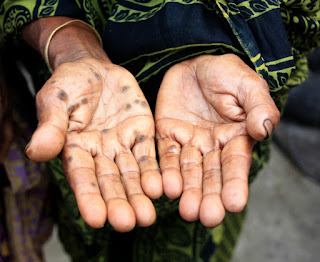Plastic-eating Bacteria as a Remedy for Plastic Pollution
Plastic pollution can have negative effects on human health as well as serious effects on marine ecosystems. The widespread production of polyethylene terephthalate (PET) single-use plastics poses a significant threat to aquatic and terrestrial ecosystems in terms of plastic waste. PET is a strong, clear and light plastic that is typically used for food and beverage packaging, as well as for other single-use applications. As a result, removing plastic from the environment is not only difficult but also ineffective financially. Numerous strains of bacteria are capable of biodegrading a variety of plastics. Utilizing beneficial micro-organisms that are capable of breaking down plastic could be an effective and long-term solution to all of the problems. Ideonella sakaeinsis 201-F6 is the most well-known heterotrophic bacteria that can use PET as its primary source of energy and carbon to degrade plastic in the environment. It has a place with the sort of Ideonella and the family Comamonadaceae. With the assistance of specific enzymes like PETase and MHETase, it can ultimately degrade plastic, potentially reducing the problem of plastic waste. Polyethylene terephthalate (PET) is first transformed by the PETase into mono-(2-hydroxyethyl) terephthalate (MHET), after which MHET is hydrolyzed to produce ethylene glycol (EG) and terephthalic acid (TPA). I. sakaiensis offers a novel strategy for recycling PET because it can mediate the direct transformation of non-biodegradable PET into plastic that is better for the environment.
URL: https://www.envsciarch.com/volume4issue1/articles/plastic-eating-bacteria-as-a-remedy-for-plastic-pollution




Comments
Post a Comment